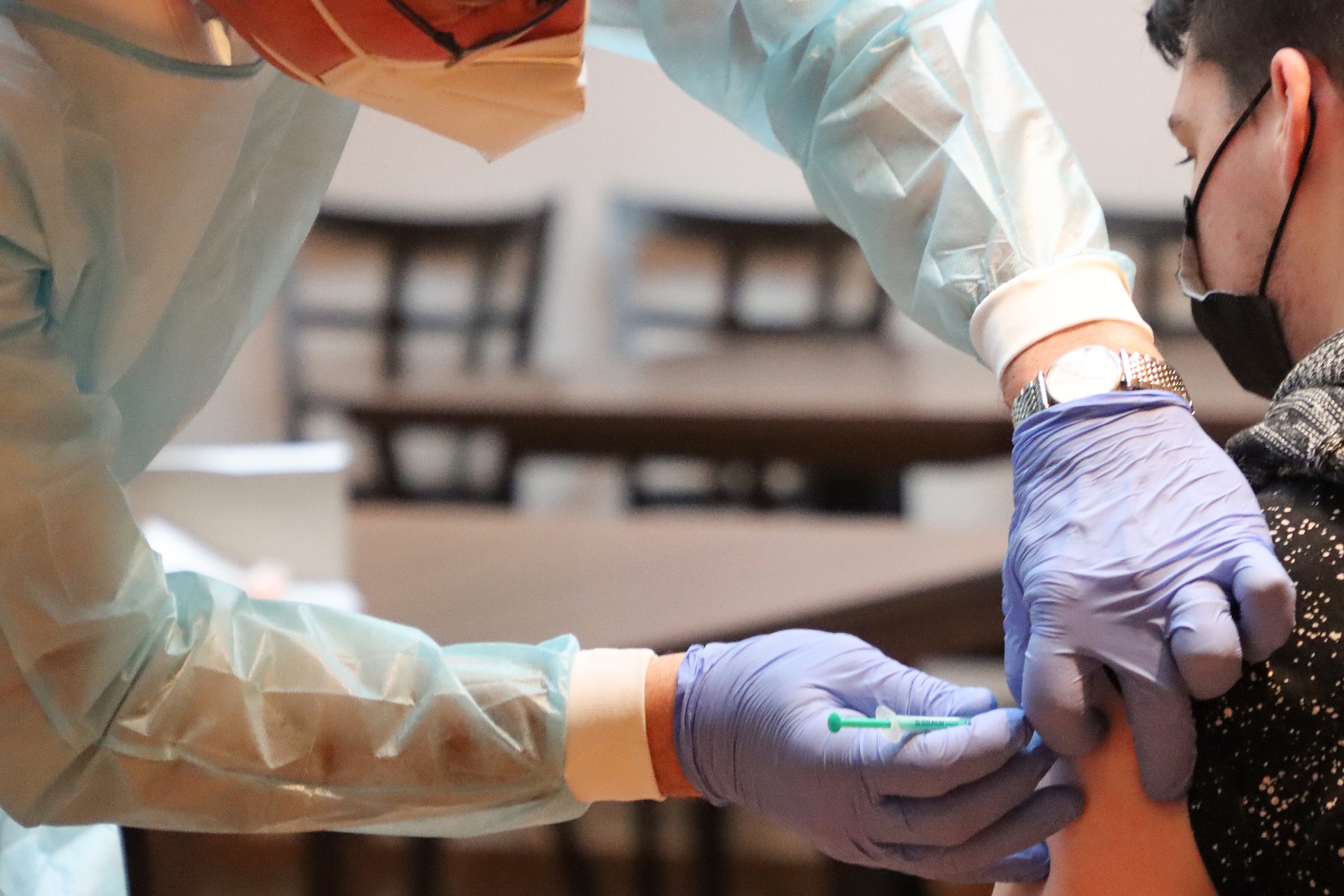What is vaccination?
Vaccination is a simple, safe, and effective way of protecting you against harmful diseases, before you come into contact with them. It uses your body’s natural defenses to build resistance to specific infections and makes your immune system stronger.
Vaccines train your immune system to create antibodies, just as it does when it’s exposed to a disease. However, because vaccines contain only killed or weakened forms of germs like viruses or bacteria, they do not cause the disease or put you at risk of its complications.
How does a vaccine work?
Vaccines reduce risks of getting a disease by working with your body’s natural defenses to build protection. When you get a vaccine, your immune system responds. It:
- Recognizes the invading germ, such as the virus or bacteria.
- Produces antibodies. Antibodies are proteins produced naturally by the immune system to fight
disease. - Remembers the disease and how to fight it. If you are then exposed to the germ in the future,
your immune system can quickly destroy it before you become unwell.
The vaccine is therefore a safe and clever way to produce an immune response in the body, without causing illness.
Our immune systems are designed to remember. Once exposed to one or more doses of a vaccine, we typically remain protected against a disease for years, decades or even a lifetime. This is what makes vaccines so effective. Rather than treating a disease after it occurs, vaccines prevent us in the first instance from getting sick.
Source: WHO



OF NATURAL PRODUCTS AND EXTRACTS


